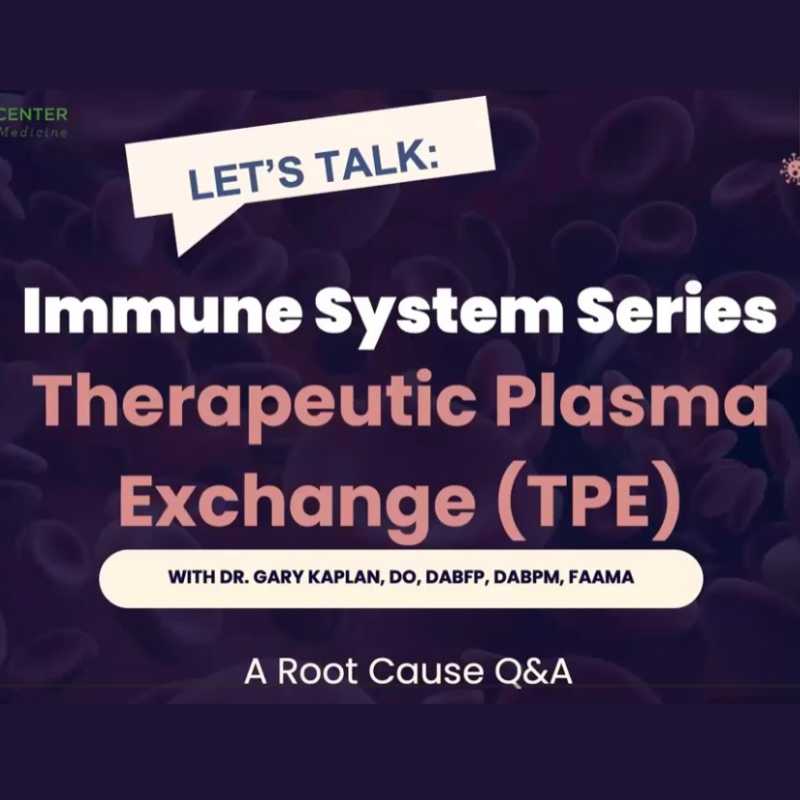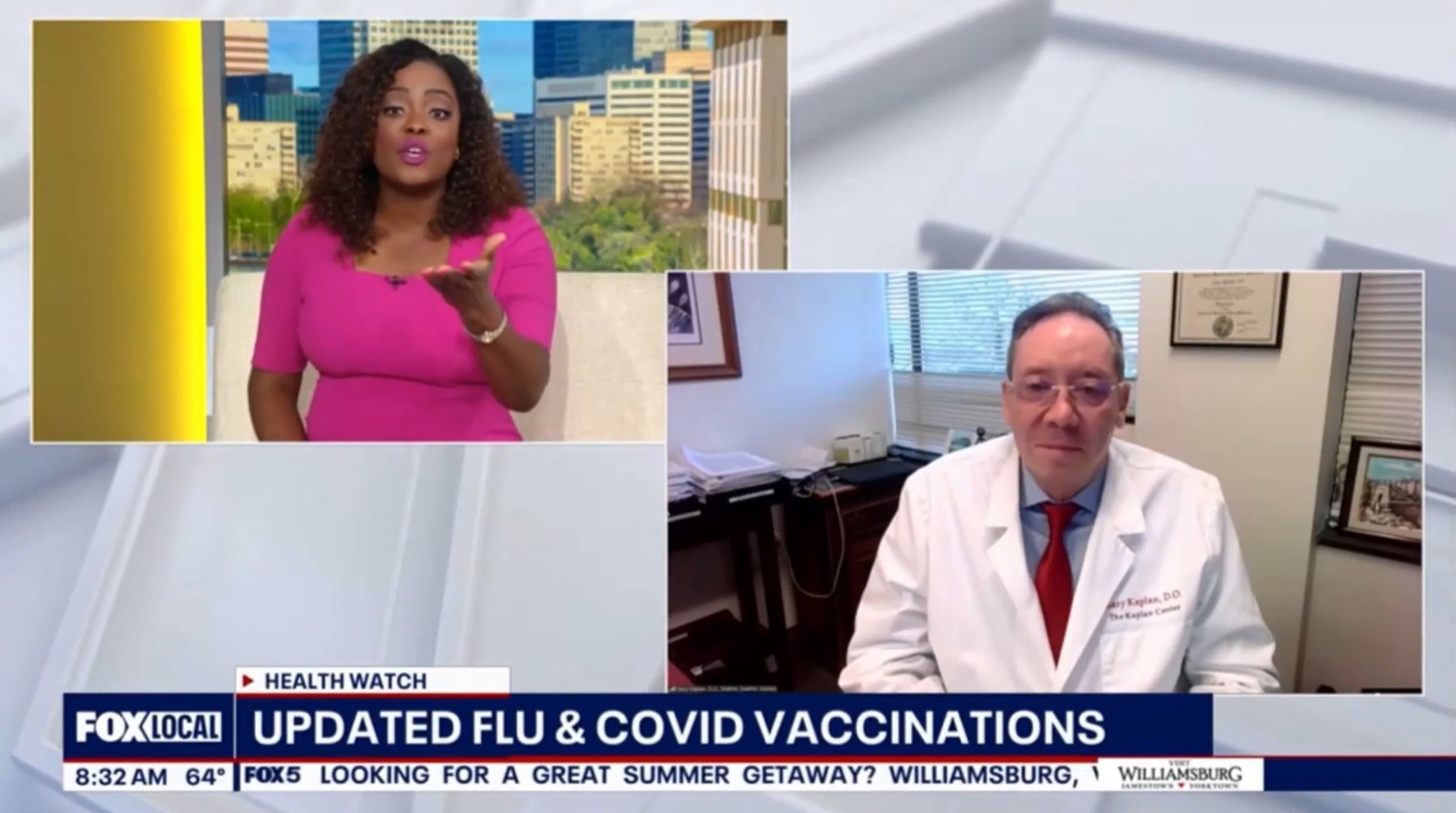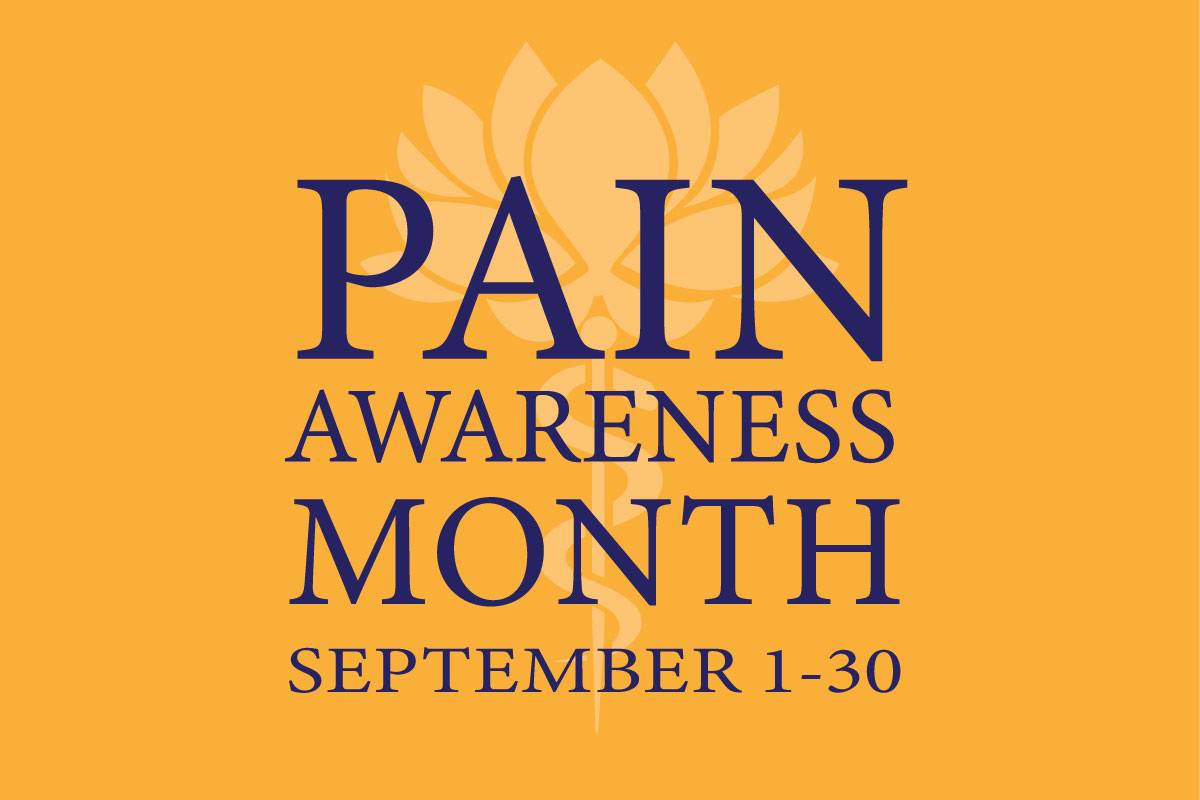
5 Ways We Can Keep Your Immune System Strong
December 10, 2025/by Kaplan Center
Want to Take Your Workout to the Next Level Next Year? These Tips Can Help
December 8, 2025/by Kaplan Center
Dr. Kaplan’s Dos and Don’ts of the Holiday Season
December 3, 2025/by Kaplan Center
Let’s Talk Webinar – A Root Cause Q&A
December 2, 2025/by Kaplan Center
Navigating Holiday Meals with Gut Issues: Simple Tips for a Comfortable Season
December 1, 2025/by Chardonée Donald, MS, CBHS, CHN, CNS, LDN
Craniosacral Therapy for TMJ | Say Goodbye to the Daily Grind
November 19, 2025/by Patricia Alomar, M.S., P.T.
From Compassionate Care to Personal Healing: A Letter to My Patients
November 18, 2025/by Kaplan Center
8 Steps to a Healthier Gut—and a Longer, Healthier Life
November 18, 2025/by Kaplan Center
Mid-Life Irritability & Fatigue Improved by Hormonal Balancing
November 13, 2025/by Lisa Lilienfield, MD
From Challenges to Change: Dr. Kaplan on Healthcare’s Biggest Challenges
October 29, 2025/by Kaplan Center
Overlooked Dangers of Mold Exposure and How to Stay Safe – Dr. Kaplan Talks to WUSA9
October 27, 2025/by Kaplan Center
Let’s ‘Fall’ Into Wellness: A Nutritionist-Approved Immune-Boosting Recipe for Cold and Flu Season
October 13, 2025/by Chardonée Donald, MS, CBHS, CHN, CNS, LDN
PANS/PANDAS – When Sudden Symptoms Signal Something More
October 9, 2025/by Kaplan Center
Beating Burnout, A Nutritionist’s Perspective
October 1, 2025/by Chardonée Donald, MS, CBHS, CHN, CNS, LDN
3 Things That Can Happen After Stopping GLP-1s
September 11, 2025/by Chardonée Donald, MS, CBHS, CHN, CNS, LDN
What Families Need to Know About COVID and Flu Season
September 3, 2025/by Kaplan Center
September is Pain Awareness Month
September 1, 2025/by Kaplan Center
Dr. Kaplan Spoke to Northern Virginia Magazine About COVID, Flu, and Immunity — Here’s What You Should Know
August 14, 2025/by Kaplan Center
“Why Do I Feel Like Crap?”: The Overlap Between Long COVID and Perimenopause
July 30, 2025/by Kaplan Center
Why People Are Turning to EMDR (and Why You Might Want to Too)
July 23, 2025/by Kaplan CenterAre you looking to improve your overall wellness?
Personalized care you can trust.
Our integrative, non-surgical treatment approach is highly successful in maintaining wellness and also treating chronic pain and illness. For more than 30 years, we have delivered superior, cutting-edge health care in the Washington, DC area.
QuickLinks
Contact Information
Tel: 703-532-4892
Fax: 703-237-3105
6829 Elm Street, Suite 300
McLean, Virginia 22101
Map It
Hours of Operation
Mon – Thu : 8 am – 5 pm, ET
Fri : 8 am – 12 pm, ET
What Families Need to Know About COVID and Flu Season
/in COVID-19, Featured Press, News/by Kaplan CenterConfusion about flu and COVID-19 vaccines is common, with different organizations offering different recommendations. On Wednesday, September 3, 2025, Dr. Gary Kaplan shared his perspective on Fox 5, emphasizing the importance of relying on the guidance of major medical organizations such as the American Academy of Family Physicians and the American Medical Association.
This year’s message is clear: both flu and COVID-19 continue to evolve, which makes staying up to date on vaccines critical. Dr. Kaplan stressed that the COVID vaccine is safe, effective, and a powerful tool to help prevent Long COVID—a condition that can affect up to 30% of those who contract the virus and can be life-altering.
For most families, vaccines typically mean one to two doses a year, depending on age and risk factors. Dr. Kaplan recommends getting the COVID-19 shot first—especially during a surge—and then the flu shot a couple of weeks later. For children and adults alike, vaccines remain the safer choice compared to the risks of infection.
Beyond vaccines, Dr. Kaplan reminded families to focus on the basics of health: regular exercise, quality sleep, good nutrition, and supplements like vitamin D, vitamin C, quercetin, and probiotics to support immune function.
As he noted, “The reactions [to vaccines] compared to the consequences of the disease itself are minuscule. You’re much safer getting the vaccine than you are getting the disease.”
We are here for you, and we want to help.
Our goal is to return you to optimal health as soon as possible. To schedule an appointment please call: 703-532-4892 x2
September is Pain Awareness Month
/in News, Wellness/by Kaplan CenterIn 2001, Pain Awareness Month was established with the goal of raising public awareness of all the issues related to pain and pain management. This hits close to home for all of us at the Kaplan Center for Integrative Medicine as we have been seeing and treating patients with chronic pain and illness for more than thirty years.
Healthcare organizations across the country take the lead with public campaigns and encouragement for individual chronic pain sufferers to be vocal about the challenges that affect their physical and emotional well-being. And with over 100 million people in this country living with chronic pain and depression, we must remember that we are all touched by chronic pain.
How can you make a difference? Here are some simple ideas on how you can get involved:
Dr. Kaplan Spoke to Northern Virginia Magazine About COVID, Flu, and Immunity — Here’s What You Should Know
/in COVID-19, Featured Press, News, Wellness/by Kaplan CenterComing Around Again: A NoVA Doctor Gives Advice on Preparing for COVID, Flu, RSV
Dr. Gary Kaplan offers guidance on testing, treatment, and how you can help protect yourself from illness.
By Rick Massimo, August 13, 2025
Enjoy summer while you can, because it won’t be long before flu season starts, and the risks of COVID-19 and RSV go up as well.
Dr. Gary Kaplan, who practices in McLean, says this is the new normal: “COVID-19 is with us always and henceforth, evermore.” It’s not as tied to the seasons as a virus like the flu is, so it “just waxes and wanes,” Kaplan says, to varying intensity in different parts of the country.
The challenge now, Kaplan says, is the question of: “If you get sick, what do you have?” COVID-19, RSV, the flu, and a simple mild upper respiratory infection “all look very much alike.” But the responses to each one are different — especially in the case of COVID-19, since post-COVID syndrome “can be highly disabling,” Kaplan says. Flu kills 30 million people a year, and RSV can create severe problems, including long-term asthma.
Get a Test
“You can’t assume. You have to test,” Kaplan says. “The assumption is, if you only have a mild upper respiratory infection, it’s not COVID, and that’s not correct.”
“We know that the vaccine reduces your risk of developing long COVID by about 15 percent. We also know that if you get COVID and we treat you with Paxlovid, that in itself seems to reduce the risk of long COVID again by about another 15 percent. And if we give you Metformin for 10 days, that seems to reduce the risk of long COVID by about 80 percent. So there are things we can do once we know what the bug is, in order to treat you to get the best possible outcome.”
There are home tests for COVID and flu, but otherwise, Kaplan says you can seek testing at an urgent care center.
Vaccines
Kaplan says the other important thing to keep in mind is the importance of vaccines. “The whole objective of vaccinations is not necessarily to prevent you from getting the disease, but to lessen the impact of that disease. Vaccines save lives,” Kaplan says.
He says that the COVID vaccine might not be as important for people in their 20s and early 30s. “There’s a risk of cardiomyopathy, but the risk of cardiomyopathy is less than the risk of getting COVID and developing cardiomyopathy — dramatically so.”
Kaplan also acknowledges that those at risk of anaphylaxis or a condition called Guillain-Barre should talk to their doctors. “Any vaccine is capable of causing complications, but if you look at the number of complications versus the risk of the disease itself, no contest. The reality of the matter is, for the majority of people, the vaccines save lives.”
Boost Your Immunity
Even with a vaccine on board, there are steps you can take to boost your immune system.
Kaplan says: “Don’t smoke; getting seven, eight hours of sleep on a regular time schedule is one of the best protectors of the immune system. Exercise is the best anti-inflammatory for our bodies and helps boost the immune system on a regular basis. Watching your diet: Don’t eat processed foods; don’t drink alcohol — all of those things weaken our immune system.”
A lot of supplements claim to boost your immune system, but only a few, Kaplan says, actually do.
“There’s some suggestion that a multivitamin may be helpful in some people. Vitamin D is essential for a healthy, functioning immune system. You should have your vitamin D measured,” he suggests.
We are here for you, and we want to help.
Our goal is to return you to optimal health as soon as possible. To schedule an appointment please call: 703-532-4892 x2
Long-COVID Recovery Services
If you are experiencing symptoms beyond six weeks of being diagnosed with COVID-19, learn more about our Long-COVID Recovery Services to regain your strength, energy, and vitality. Click here for more information.